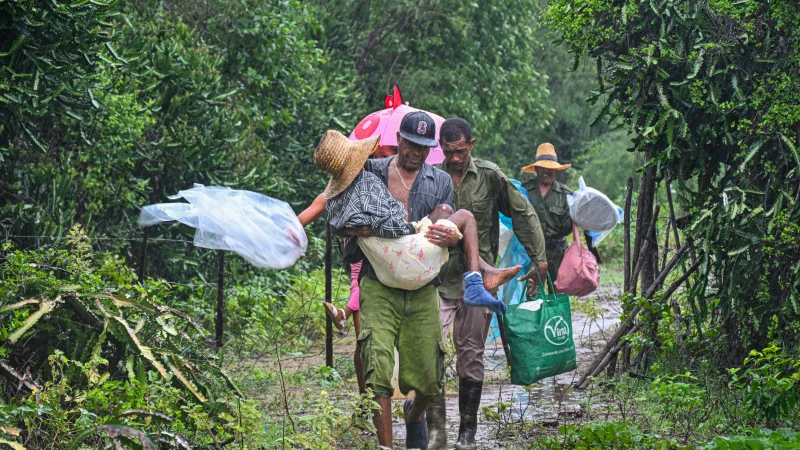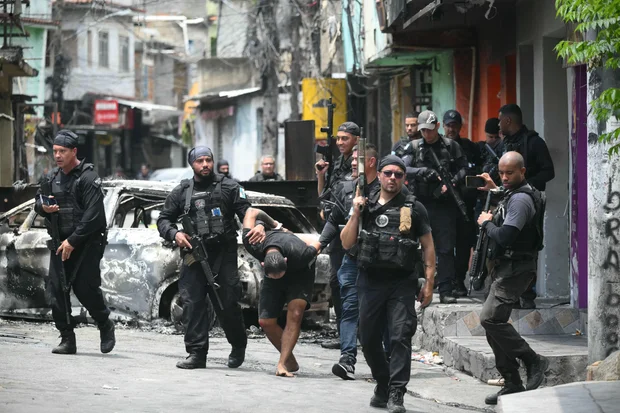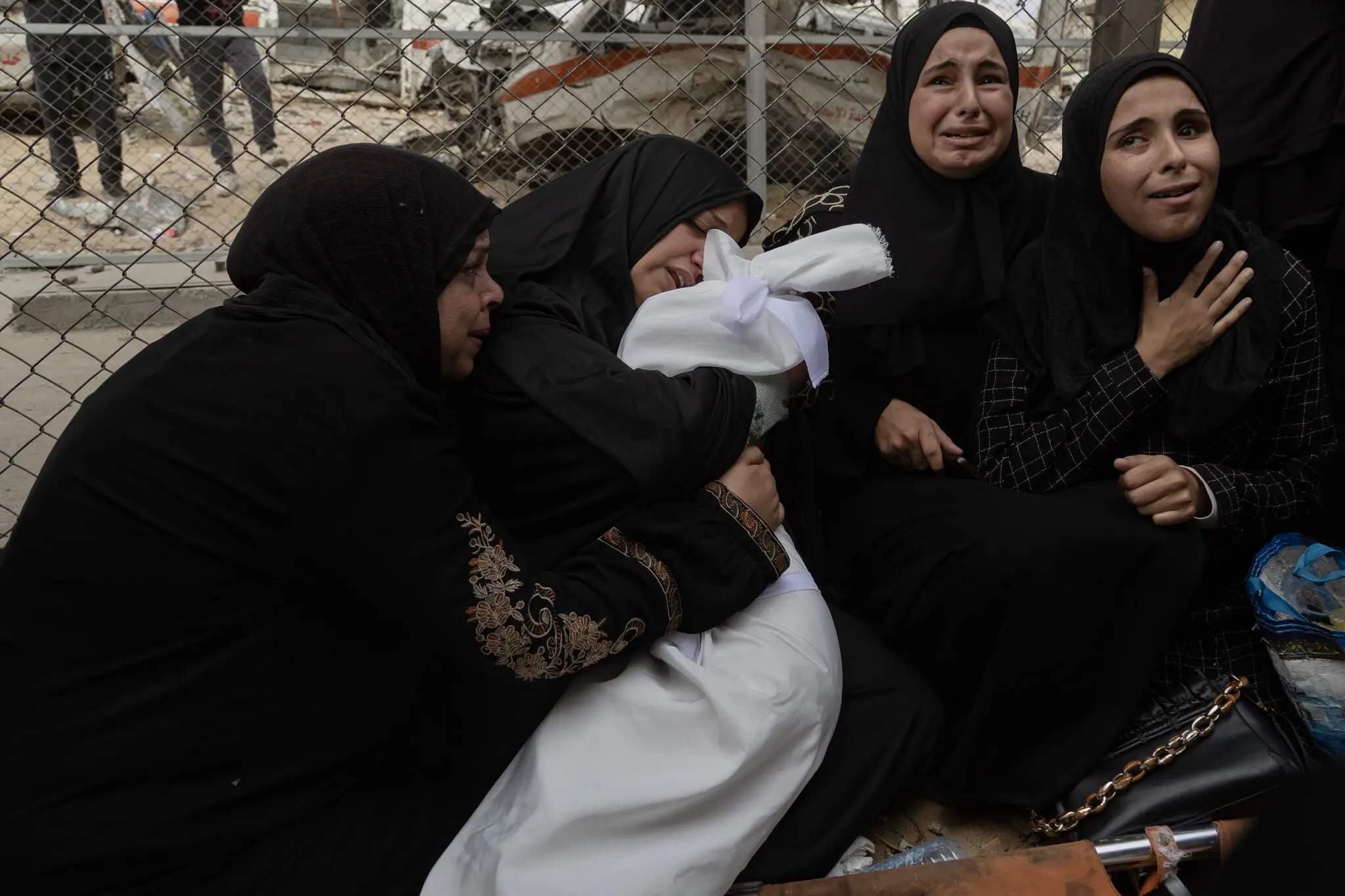Hurricane Melissa has unleashed catastrophic damage across the Caribbean, slamming into Jamaica as a Category 5 storm before battering eastern Cuba. The massive hurricane has left entire communities destroyed, communications severed, and hundreds of thousands displaced, marking one of the most devastating storms in recent Caribbean history.
Jamaica Faces Unprecedented Destruction
Melissa made landfall in Jamaica with sustained winds estimated at nearly 185 mph — the strongest hurricane ever recorded in the nation’s history. Torrential rain, storm surges, and hurricane-force gusts ripped through homes, uprooted trees, and flooded entire neighborhoods.
The southwestern and northern regions of the island were among the hardest hit. Roads and bridges were washed away, hospitals were damaged, and widespread power outages left more than half a million residents in the dark. Emergency crews struggled to reach isolated communities due to blocked highways and collapsed infrastructure.
Authorities confirmed multiple injuries and at least one death — a young child who was struck by debris during the height of the storm. The Jamaican government has declared the country a national disaster zone, calling for urgent international aid and support for rebuilding efforts.
Prime Minister Andrew Holness described the storm as “a national tragedy,” noting that recovery would take “months, possibly years.” Relief organizations are mobilizing across the island, delivering food, medical aid, and temporary shelters to those who have lost their homes.
Cuba Braces for Impact
After ravaging Jamaica, Hurricane Melissa weakened slightly but still struck eastern Cuba as a powerful Category 2 storm. Winds exceeding 100 mph brought heavy rainfall, flash floods, and landslides, particularly in mountainous areas near Santiago de Cuba.
Cuban authorities had evacuated more than 700,000 people from vulnerable regions ahead of the storm. Despite extensive preparations, the scale of the rainfall caused rivers to overflow, inundating towns and damaging farmland. Initial reports indicate widespread flooding, downed power lines, and significant agricultural losses.
President Miguel Díaz-Canel urged citizens to remain in shelters and said the government was coordinating relief efforts nationwide. Power outages were reported in several provinces, and emergency crews are working to restore communication lines.
The Science Behind the Storm
Meteorologists say Hurricane Melissa’s explosive growth was fueled by exceptionally warm ocean waters and minimal wind shear — conditions that allowed the system to intensify rapidly from a tropical storm into a major hurricane in just 36 hours. Experts warn that such “rapid intensification” events are becoming more common as global sea temperatures rise.
The World Meteorological Organization noted that Melissa exemplifies how climate change is amplifying the intensity and unpredictability of tropical cyclones in the Atlantic. With ocean temperatures reaching record highs, storms are now stronger, wetter, and more destructive than in previous decades.
Regional and Global Consequences
Beyond the immediate humanitarian disaster, the storm could have long-term economic and environmental impacts. Jamaica’s tourism sector — already struggling in recent years — faces severe damage to hotels, airports, and coastal infrastructure. In Cuba, the agricultural sector is expected to suffer significant losses, especially in sugarcane and coffee production.
International aid agencies, including the Red Cross and the World Food Programme, are coordinating shipments of supplies to affected regions. Neighboring nations, including the Dominican Republic and Haiti, are also monitoring the storm’s remnants for potential heavy rainfall and flooding.
The Road to Recovery
As the Caribbean begins to assess the full scope of the destruction, recovery efforts are expected to take months. Governments are prioritizing the restoration of electricity, clean water, and road access to rural areas. Humanitarian groups warn that disease outbreaks could become a major concern if clean water and sanitation are not quickly restored.
Hurricane Melissa has reminded the world of the region’s vulnerability to powerful tropical systems and the growing urgency of climate resilience. As one Jamaican official put it, “This is not just a hurricane. It is a wake-up call for all of us living in the path of a changing planet.”
















Leave a Reply